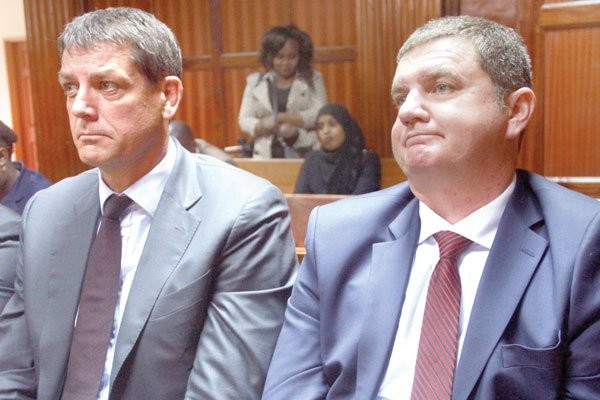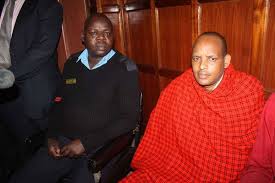
The High Court has given the Ethics and Anti-Corruption Commission (EACC) the go a head to investigate Tatu City real estate project over tax evasion and money laundering.
In her ruling, Justice Esther Maina said EACC has the powers to investigate the offence of tax evasion.
The judge found that in this case, the matters being investigated transcend the dispute between the individual shareholders and the petitioners as they revolve around the commission of the offences of tax evasion and money laundering.
“I am not persuaded that there are any grounds to make the court interfere with investigations,” the judge ruled.
Tatu City and Kofinaf Company moved to court in 2019, seeking to quash letters sent to the Lands Permanent Secretary seeking to place caveat or purchase warning on 33 pieces of land.
EACC accuses Tatu City of under valuing property that is later transferred to related firms to allow payment of lower stamp duty.
In the letters, the ethics commission also sought to restrict further transactions on the parcels, pending the outcome of investigations into allegations.
Through lawyer Ahmednasir Abdullahi, Tatu City argued that EACC has no powers to order issuance of caveats on tax disputes nor probe money laundering claims.
“Claims of non-payment of taxes are civil in nature and not EACC’s mandate,” the two companies claimed.
The court heard that if the issue was genuinely about stamp duty, there was a way to recalculate it and have the money paid.
“The firm was cleared by the collector of stamp duty and whereas the investigations relates to one parcel, EACC wanted to place caveats to 33 parcels of land,” Ahmednasir said.









